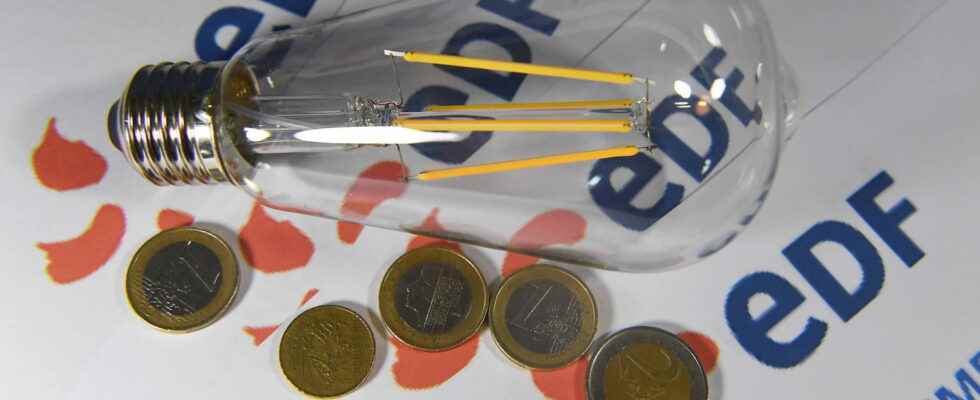TARIFF SHIELD. Set up in October 2021 and extended throughout 2022, the tariff shield, which freezes gas and electricity prices at a certain price, will be extended in 2023, the government announced. What are the consequences for your budget, what impact on the bill? Explanations.
The tariff shield will be maintained in 2023. This is one of the announcements made by Prime Minister Elisabeth Borne on Wednesday September 14 during a press briefing on the energy crisis. “We are going to extend the tariff shield mechanism for all households in 2023”, she explained before detailing that the increase would be 15% for gas as for electricity, an increase expected in January 2023 for the gas and in February 2023 for electricity.
The tariff shield had been the option chosen by the government then led by Jean Castex in October 2021 to deal with soaring energy costs in the context of post-Covid recovery. The outbreak of war in Ukraine in March 2022 and the sanctions imposed on Russia, followed by a reduction in gas imports by the European Union and a veritable economic showdown with Moscow, had led the government to extend the device until the end of 2022. How does it work, what is the principle, why will prices still increase in 2023? Here are some answers.
The price shield is a mechanism that freezes regulated gas and electricity prices. The State decides on a maximum price and finances the difference to allow households to have a fixed price and to limit the increase in prices, and therefore the increase in the consumer’s bill. The cost for the State is estimated at 16 billion euros for the year 2023.
With the tariff shield, the government had promised an increase contained at 4% for electricity during the year 2022 and a gas tariff frozen on that of October 2021. For 2023, the increase will be 15%, well below the market price forecasts, for both electricity and gas. “Without government action, prices would be multiplied by 2.2 at the beginning of next year”, assured Elisabeth Borne during the presentation of the device on September 14, 2022.
The 15% increase in prices set by the tariff shield will still represent a substantial increase for households. “These increases will lead to an average increase in bills of around 25 euros per month for households that heat with gas, instead of around 200 euros per month without a price shield, explained Elisabeth Borne on September 14, 2022 And an average increase of 20 euros per month for households that heat with electricity, instead of 180 euros per month without a tariff shield.”
Not all French households benefit from the tariff shield. It all depends on the offer and your energy supplier. Good news for gas consumers, all households have been eligible for the price shield since February 16, 2022. For electricity, it’s a little more complex! Only subscribers to the regulated tariff are eligible, it is the famous EDF blue tariff. Some alternative suppliers also offer contracts with an offer indexed to the regulated tariff. Customers of these offers are also protected by the price shield, unlike indexed offers on the wholesale market. In the latter case, the price shield is not in effect and prices could therefore soar this winter.
